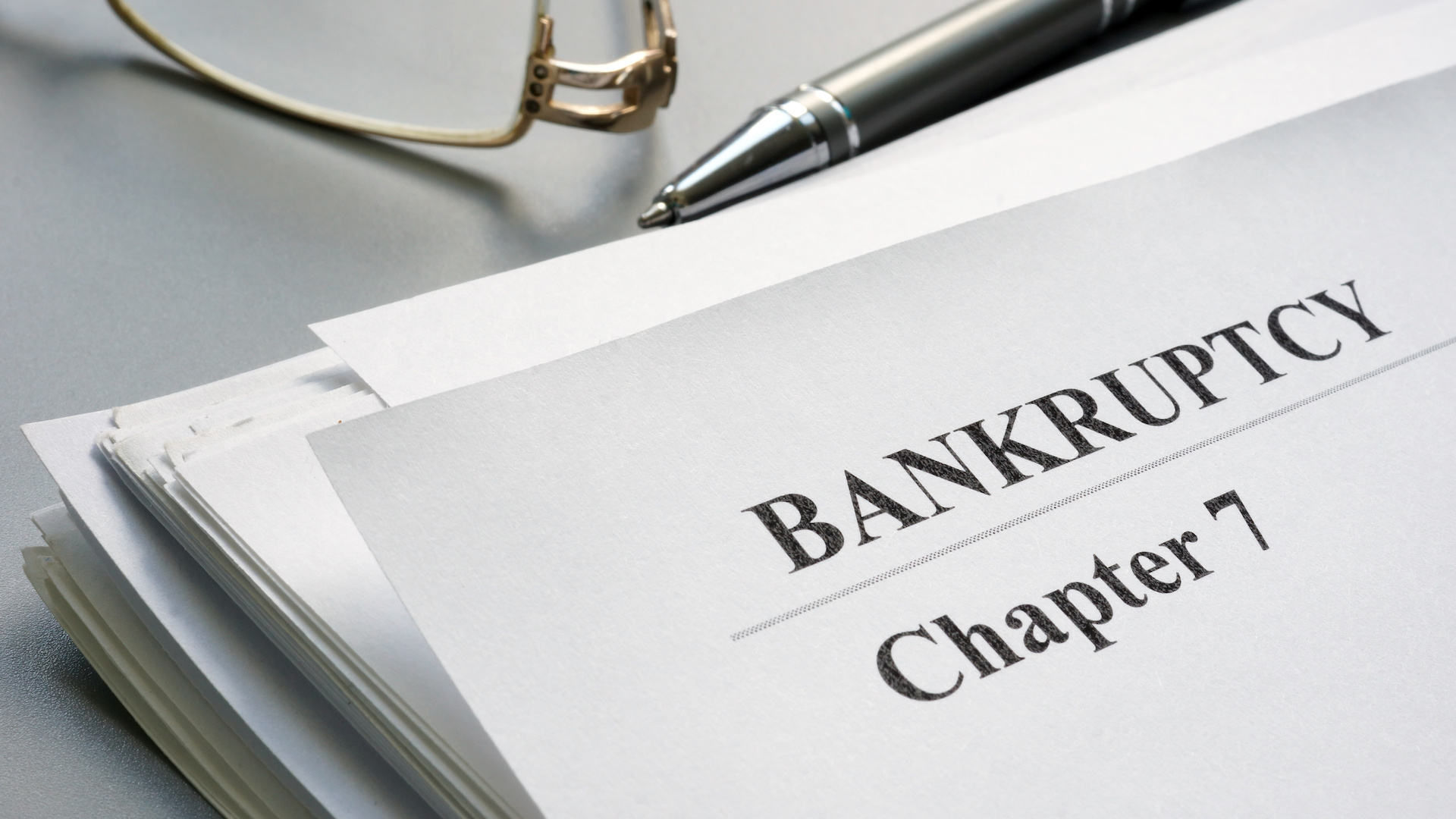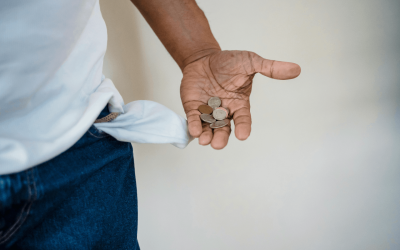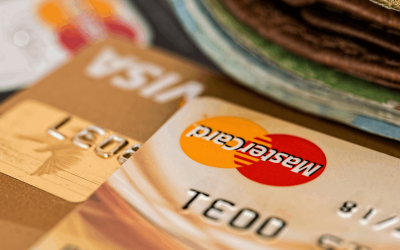After you go through a divorce, your life is turned upside down. You have to figure out where you’re going to live, how you’ll support yourself and your children, and who you’re going to lean on for support. If you’re feeling overwhelmed and don’t know where to start, it may be time to consider filing for bankruptcy.
Bankruptcy can help give you the fresh start you need after a divorce. It can relieve your debts and help you get back on your feet financially. This post will discuss how bankruptcy affects divorce orders and what you need to know if you’re considering filing for bankruptcy after a divorce.
What does it mean to file for bankruptcy?
Divorce is a process that can be emotionally and financially draining. After all the paperwork is signed, and the assets are divided, you may be left with a lot of debt and no way to pay it off. If you’re struggling to make ends meet, you may be considering bankruptcy, the legal process that allows you to eliminate or repay your debts.
When you file for bankruptcy, an automatic stay goes into effect. This means that your creditors cannot try to collect on your debt. Your assets may also be protected from seizure by your creditors.
There are two types of bankruptcy that individuals can file for, Chapter 7 and Chapter 13.
Chapter 7 bankruptcy is also called liquidation bankruptcy. This type of bankruptcy allows you to discharge your debts. In other words, you will no longer be responsible for repaying your debt. An example of a debt that can be discharged in bankruptcy is credit card debt.
Chapter 13 bankruptcy is also called a reorganization bankruptcy. This type of bankruptcy allows you to repay your debts over time. You will need to create a repayment plan that the court will oversee. When speaking of divorce court, this is where the family law judge will preside over and confirm the repayment plan.
How does bankruptcy affect divorce orders?
If you’re considering bankruptcy, it’s important to understand how it will affect your divorce order.
Spousal support
Generally speaking, spousal support is not dischargeable in bankruptcy. If you’re ordered to pay spousal support, you will still be responsible for making those payments even if you file for bankruptcy.
Past due spousal support, however, may be discharged in bankruptcy. This means that if you’re behind on your spousal support payments, you may not have to pay the amount you owe.
Child support follows similar rules to spousal support.
Joint Debts
In many cases, the ex-spouses are jointly liable for debts that you incurred during the marriage. For example, the couple might have a joint credit card or a mortgage. According to Chapter 13, you will repay a portion of the debt after the divorce is finalized. The rest of the debt may be discharged.
It’s also essential to understand the difference between secured and unsecured debts. A secured debt is a debt that is backed by collateral, such as a car loan or mortgage. Unsecured debt is a debt that is not backed by collateral, such as credit card debt.
Most unsecured debts will be discharged, while secured debts will have to be repaid. Note that being discharged from the creditors does not mean being released from family court obligations. You may still be obligated to repay any debt ordered in the divorce decree.
Property Division
The division of property is generally not affected by bankruptcy. This means that the court will still divide the assets and debts between the spouses even if one of them files for bankruptcy. However, there are some exceptions.
For example, if the debtor spouse has a lot of equity in their home, the trustee may try to sell the home to repay the creditors.
What are the benefits of filing for bankruptcy after divorce?
Filing for bankruptcy can provide some much-needed relief after a divorce.
Stop creditors from calling
If you’re struggling to keep up with your debt payments, your creditors may constantly be calling you. This can be highly stressful, especially during a period of turmoil. Once you file for bankruptcy, an automatic stay goes into effect. That means that your creditors cannot try to collect on your debt.
Get a fresh start
Filing for bankruptcy can give you a fresh start. Once your debts are discharged, you’ll have a clean slate, free from your past constraints. This can be a good opportunity to start rebuilding your life.
What are the drawbacks of filing for bankruptcy after divorce?
While there are some benefits to filing for bankruptcy, there are also some drawbacks.
It’s expensive
Filing for bankruptcy is not cheap. You’ll need to pay the court filing fee, which is currently $338 for a Chapter 7 bankruptcy and $313 for a Chapter 13 bankruptcy. You may also need to pay for lawyer fees, credit counseling and financial management courses.
You’ll lose some assets
If you file for bankruptcy, you may have to give up some of your assets. For example, if you have a lot of equity in your home, the trustee may try to sell the home to repay your creditors. You may also have to give up your car if you can’t afford the payments.
Mark on your credit report
Filing for bankruptcy will stay on your credit report for seven to 10 years. This can make it difficult to get a loan or rent an apartment.
Speak with a Wisconsin divorce lawyer today
If you’re considering bankruptcy, it’s important to speak with an attorney to understand how it will affect your divorce order. Bankruptcy can be a complex process, and you want to make sure that you know all of the implications before you file.
Keep in mind, however, that bankruptcy is not a magic solution. It will not erase all of your debts or make them go away. And it will not fix all of your financial problems. But, if you’re struggling to keep up with bills and debt after your divorce, bankruptcy may be able to help.
Book a free consultation with the experts at Vanden Heuvel & Dineen, S.C., to learn more about how bankruptcy may affect your divorce order in Wisconsin.




